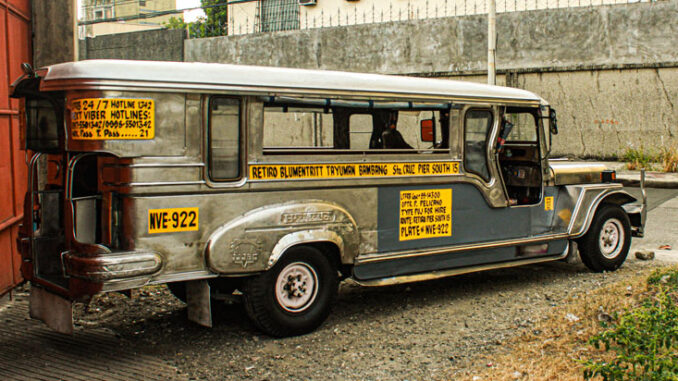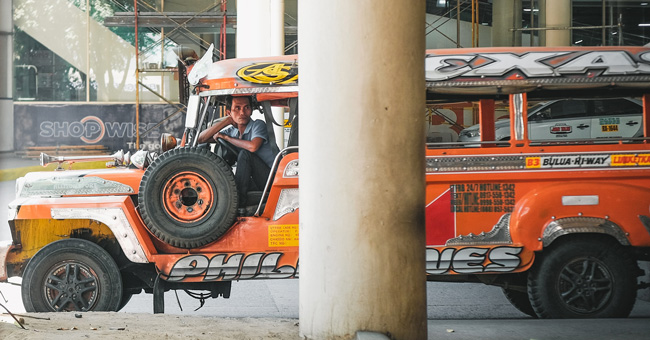
The jeepney is a staple of Philippine transportation, a colorful and iconic symbol of the country’s vibrant culture. These quirky vehicles have been plying the streets for decades, providing a cheap and reliable mode of transportation for millions of Filipinos. However, recent government policies aimed at phasing out the jeepney have sparked controversy and protests across the country.
The Philippine government’s plan to phase out the jeepney stems from concerns over air pollution and traffic congestion. The government claims that jeepneys are outdated, inefficient, and emit high levels of pollutants. To address these issues, the government has implemented a modernization program that requires jeepney operators to replace their old vehicles with newer, more eco-friendly models.
On the surface, this may seem like a reasonable solution to a pressing problem. However, upon closer examination, it becomes clear that the government’s plan is deeply flawed and potentially harmful, especially to the poor.
High expenses for poor jeepney operators
The cost of replacing old jeepneys with new ones is prohibitively expensive for many operators. According to estimates, the cost of a new jeepney can range from Php1.6 million to Php2.2 million. For small-scale operators who rely on their vehicles to make a living, this is an insurmountable cost. As a result, many jeepney drivers and operators will be forced out of business, leaving them and their families without a source of income.
Individual jeepney operators are sidelined
The government’s modernization program favors larger transport corporations over small-scale operators. The new regulations require that jeepney operators form cooperatives or corporations to be able to participate in the modernization program. This effectively sidelines individual operators, who are mostly poor and unable to compete with the resources and influence of larger corporations.
Commuters can be burdened by the jeepney phase-out
The phase-out of jeepneys will have a significant impact on commuters, especially those who rely on these vehicles to get to work or school. The new models that the government is promoting are more expensive, meaning that fares will likely increase, putting an additional financial burden on already-struggling Filipinos.
Other livelihoods that directly depend on the Jeepney industry may suffer
The phase-out of jeepneys could lead to job losses for thousands of drivers and mechanics who depend on the industry. These individuals are mostly poor and have few employment options. Without the jeepney industry, many of them may be forced to turn to informal and precarious work, such as street vending or manual labor.
In conclusion, while the government’s modernization program may have good intentions, the reality is that it could have severe and long-lasting consequences for the poor. Instead of a blanket phase-out of jeepneys, the government should consider a more gradual and inclusive approach that takes into account the needs and concerns of all stakeholders, especially small-scale operators and commuters. This way, we can achieve a cleaner and more efficient transport system without leaving behind the most vulnerable members of society.

